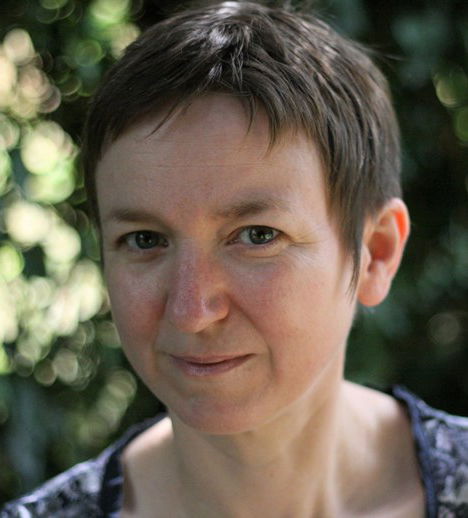On The Spot: Helen Parr - 2 minutes read
 Why are you a historian of contemporary Britain?
Why are you a historian of contemporary Britain?
Contemporary history seems more important than ever. It offers a counterweight to lazy political evocations of the past and to the instant histories enabled by the Internet.
What’s the most important lesson history has taught you?
The past is real. We owe it to the people who had to live through it to try to see it as they saw it.
Which history book has had the greatest influence on you?
It was novels about power and violence: Margaret Atwood’s The Handmaid’s Tale, Isabel Allende’s The House of the Spirits, George Orwell’s 1984.
What book in your field should everyone read?
National Service: A Generation in Uniform by Richard Vinen.
Which moment would you most like to go back to?
I wouldn’t. We have no choice but to move forwards.
Which historian has had the greatest influence on you?
Peter Hennessy.
Which person in history would you most like to have met?
Lt-General Frederick Browning. His marriage to Daphne du Maurier is intriguing.
How many languages do you have?
Reasonable French and rusty German.
What’s the most exciting field in history today?
Contemporary historians are using new sources to look at British history in international perspectives and at the lives of people once considered beyond the historical pale.
What historical topic have you changed your mind on?
My last book was an exercise in opening my mind to the ways that people unfamiliar to me thought and felt.
Which genre of history do you like least?
Superficial history written to espouse a political view.
Is there an important historical text you have not read?
Too many.
What’s your favourite archive?
I loved the Airborne Assault Museum, but my favourite is the National Archives.
What’s the best museum?
The Beamish museum in County Durham. It left an impression of how tough industrial conditions were.
Normans or Anglo-Saxons?
Anglo-Saxons.
Rome or Athens?
Rome.
Braudel or Gibbon?
Braudel.
Michelangelo or Frida Kahlo?
Michelangelo.
What is the most common misconception about your field?
Because the period after 1945 in Western Europe is not as epic or tragic as some previous periods, some see it as less important.
What will future generations judge us most harshly for?
Complacency.
Helen Parr is Professor of History at Keele University and the author of Our Boys: the Story of a Paratrooper (Allen Lane), which won the 2019 Longman-History Today Book Prize.